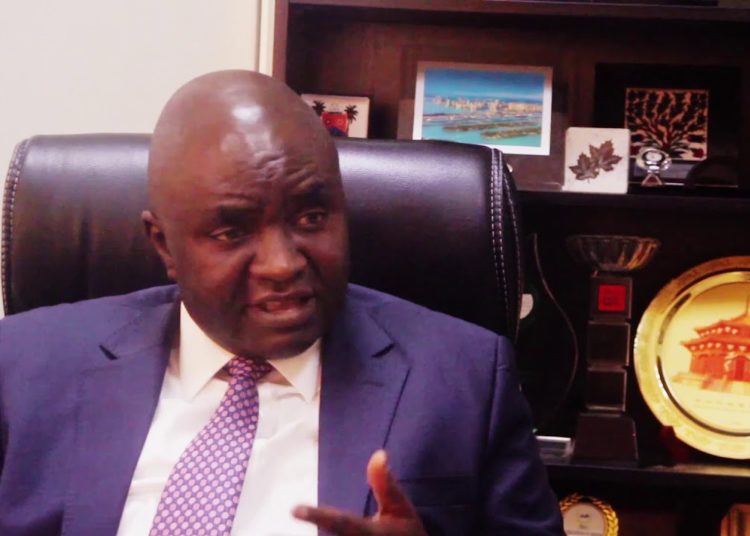The Centre for the Promotion of Private Enterprise (CPPE) has emphasised that the prerogative of mercy in cases involving serious economic and financial offences, among others, necessitates careful discretion, transparency, and alignment with Nigeria’s commitments to anti-corruption, drug control, and the preservation of human life.
The organisation, however, lauded the Attorney General of the Federation and Minister of Justice, Prince Lateef Fagbemi, for clarifying that the list of individuals benefiting from the presidential prerogative of mercy remains open for review.
The director and CEO of CPPE, Dr Muda Yusuf, stated, “This clarification from the Justice Minister, also the chairman of the Presidential Advisory Committee on Prerogative of Mercy, demonstrates the administration’s responsiveness to public sentiments, a vital component of our democratic fabric.”
He acknowledged the significant public concern that arose following the initial announcement of clemency and pardons, especially involving individuals convicted of corruption, financial crimes, murder, drug trafficking, and illegal mining. Such cases raise important issues regarding governance credibility, institutional integrity, and investor confidence.
Yusuf argued that granting clemency and pardons in these situations could have extensive economic and social implications.
He noted, “at a crucial time when Nigeria is focused on diversifying its economy, attracting investment, and rebuilding global trust, granting leniency in serious economic crimes could unintentionally communicate mixed signals to both local and international stakeholders.”
He stressed that a strong stance against economic and financial crimes is essential to maintaining deterrence, reinforcing enforcement, and fostering a culture of accountability, saying that “investor confidence hinges on predictability, fairness, and justice. A pattern of pardoning those guilty of economic misconduct invites questions about policy consistency and investment security.”
Yusuf urged the federal government to proactively reassess and refine the list of presidential prerogative beneficiaries, reaffirming “Nigeria’s dedication to combatting corruption, drug trafficking, illegal mining, and financial crimes, and ensure that institutional integrity remains uncompromised by convenience or political considerations. Transparency and accountability in the exercise of executive clemency are vital to safeguarding public trust and investor confidence.”
He articulated that “Nigeria’s ambition to establish a competitive, diversified, and globally respected economy depends on the credibility of its institutions and the integrity of its governance framework. A robust response to economic and financial crimes is critical to achieving this vision.”
Yusuf added that “to maintain a conducive investment environment and promote social stability, the government must demonstrate a steadfast commitment to accountability and the rule of law. The success of Nigeria’s economic reforms and investment initiatives is closely tied to these principles.”





